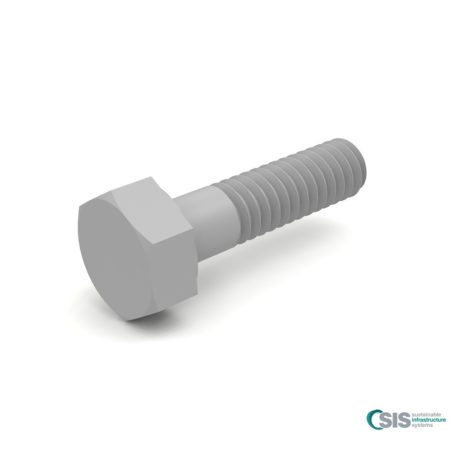In construction and engineering, innovative materials and technologies are constantly being developed to enhance structures’ durability, safety, and sustainability. One such advancement is using Fiber-Reinforced Polymer (FRP) nuts and bolts. FRP, a composite material made of a polymer matrix reinforced with fibres, brings a host of benefits to the table, making it an increasingly popular choice in various industries.
Let’s dive into the functions and advantages of FRP nuts and bolts.
The functionality of FRP Nuts & Bolts
FRP nuts and bolts are critical in securing structures, equipment, and components. They play a pivotal role in ensuring the integrity and stability of constructions by joining various elements together. What sets FRP fasteners apart is their remarkable corrosion resistance. Unlike traditional metallic fasteners that can rust and weaken over time, FRP nuts and bolts are immune to corrosion, making them ideal for applications in corrosive environments such as marine or chemical facilities.
Benefits of Using FRP Nuts & Bolts
Corrosion Resistance: As mentioned earlier, FRP nuts and bolts are highly corrosion-resistant. This property significantly extends its lifespan and reduces the need for frequent replacements, resulting in cost savings and increased structural reliability.
Lightweight Nature: FRP fasteners are considerably lighter than their metal counterparts, making them easier to handle and transport. This characteristic is especially advantageous in applications where weight reduction is essential, such as aerospace or lightweight construction projects.
High Strength-to-Weight Ratio: FRP nuts and bolts offer an impressive strength-to-weight ratio despite their lightweight nature. This means they can bear heavy loads without compromising structural integrity, contributing to the overall safety of the construction.
Non-Conductive: Unlike metal fasteners, FRP doesn’t conduct electricity. This property makes FRP bolts and nuts ideal for applications where electrical conductivity could pose a risk, such as in structures near power lines or in sensitive electronic environments.
Thermal Insulation: FRP fasteners exhibit thermal insulating properties, which can be advantageous in applications where temperature control is vital. They help prevent heat transfer, maintaining a stable internal environment.
FRP nuts’ and bolts’ functions and benefits indicate their immense value in modern engineering and construction. Their corrosion resistance, lightweight nature, high strength-to-weight ratio, non-conductive properties, and thermal insulation capabilities make them versatile and reliable for various industries. As technology advances, FRP fasteners will likely become even more integral to developing durable and sustainable structures. Uncover and understand how these innovative materials can help change how you build structures as you explore more Sustainable Infrastructure Systems (SIS).
